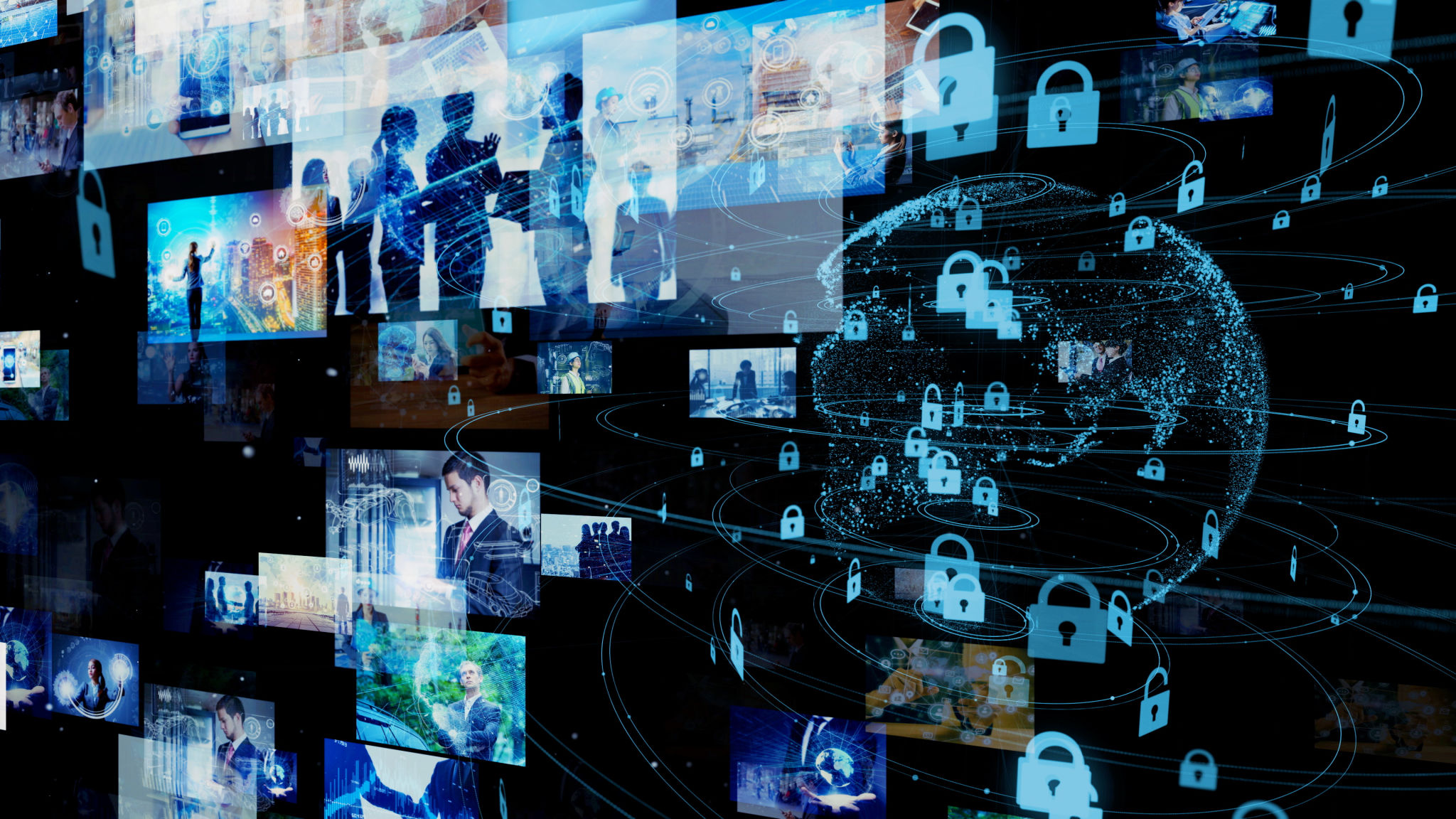How to Protect Your Music Rights in International Markets
Understanding the Importance of Music Rights
In today's globalized music industry, protecting your music rights internationally is more crucial than ever. With the rise of digital platforms, your music can reach audiences worldwide, but this also means increased exposure to potential copyright infringements. Understanding how to safeguard your music rights is essential to maintaining control over your creations and ensuring you receive appropriate compensation.
Music rights encompass a variety of legal protections, including copyrights and neighboring rights. These rights not only protect the original compositions and recordings but also cover the use and distribution of your work. By properly managing these rights, you can prevent unauthorized use and maximize your revenue streams.

Steps to Protect Your Music Rights
Register Your Copyrights
The first step in protecting your music is to register your copyrights in each country where you plan to distribute your music. Registration provides legal evidence of ownership and makes it easier to enforce your rights if infringements occur. In the United States, you can register with the U.S. Copyright Office, while other countries have their own respective offices.
Consider registering not only your songs but also sound recordings and any related works such as album artwork. This comprehensive approach ensures that all aspects of your music are protected across different markets.
Utilize International Treaties
Several international treaties can help simplify the process of protecting your music rights globally. The Berne Convention and the World Intellectual Property Organization (WIPO) treaties provide frameworks for copyright protection across member countries. By leveraging these treaties, you can ensure that your rights are recognized internationally.

Monitoring and Enforcement
Use Digital Tools for Monitoring
To effectively protect your music rights internationally, utilize digital tools and services that monitor the use of your music across various platforms. Services like Content ID on YouTube or digital monitoring services like TuneSat can help identify unauthorized uses of your work.
By keeping track of where and how your music is used, you can take immediate action against unauthorized distributions or performances. This proactive approach helps in maintaining control over your music and prevents loss of potential earnings.
Enforce Your Rights
If you discover any infringements, it's important to take action swiftly. This could involve sending a cease-and-desist letter, filing a Digital Millennium Copyright Act (DMCA) takedown request, or pursuing legal action if necessary. Working with a specialized intellectual property lawyer can provide guidance tailored to international laws.

Collaborate with Professionals
Consider partnering with professionals who specialize in international music rights management. Music publishers, collection societies, and legal experts can offer valuable assistance in navigating the complexities of international copyright law. They can also help in negotiating licenses and collecting royalties on your behalf.
By leveraging their expertise, you can focus on creating music while ensuring that your rights are protected across different markets. This collaborative effort maximizes your ability to monetize your work while minimizing the risk of infringement.
Conclusion
Protecting your music rights in international markets requires a strategic approach that includes registration, monitoring, enforcement, and collaboration with professionals. By understanding the legal frameworks available and utilizing digital tools effectively, you can safeguard your creative works and ensure fair compensation for their use worldwide.
As the music industry continues to evolve, staying informed about changes in international copyright law and remaining proactive in protecting your rights will be key to a successful global career.
